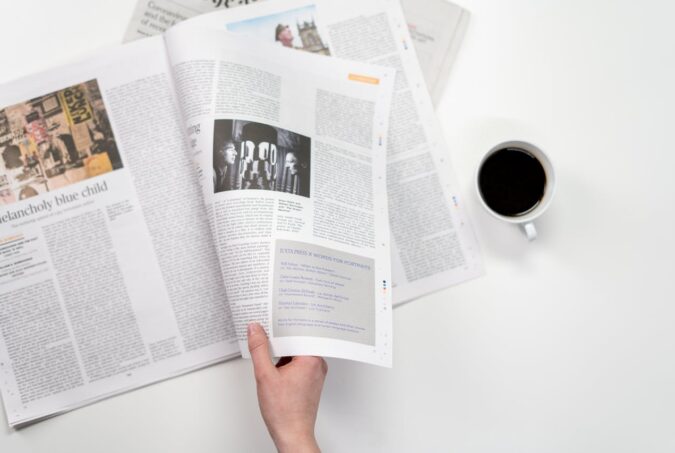This is the second post in a series that will uncover great writing by faculty and students at the Oxford Internet Institute, things you should probably know, and things that deserve to be brought out for another viewing. This week: Fake News and Filter Bubbles! Fake news, post-truth, “alternative facts”, filter bubbles—this is the news and media environment we apparently now inhabit, and that has formed the fabric and backdrop of Brexit (“£350 million a week”) and Trump (“This was the largest audience to ever witness an inauguration—period”). Do social media divide us, hide us from each other? Are you particularly aware of what content is personalised for you, what it is you’re not seeing? How much can we do with machine-automated or crowd-sourced verification of facts? And are things really any worse now than when Bacon complained in 1620 about the false notions that “are now in possession of the human understanding, and have taken deep root therein”? 1. Bernie Hogan: How Facebook divides us [Times Literary Supplement] 27 October 2016 | 1000 words | 5 minutes “Filter bubbles can create an increasingly fractured population, such as the one developing in America. For the many people shocked by the result of the British EU referendum, we can also partially blame filter bubbles: Facebook literally filters our friends’ views that are least palatable to us, yielding a doctored account of their personalities.” Bernie Hogan says it’s time Facebook considered ways to use the information it has about us to bring us together across political, ideological and cultural lines, rather than hide us from each other or push us into polarised and hostile camps. He says it’s not only possible for Facebook to help mitigate the issues of filter bubbles and context collapse; it’s imperative, and it’s surprisingly simple. 2. Luciano Floridi: Fake news and a 400-year-old problem: we need to resolve the ‘post-truth’ crisis [the Guardian] 29 November 2016 | 1000…
Do social media divide us, hide us from each other? Are you particularly aware of what content is personalised for you, what it is you’re not seeing?

